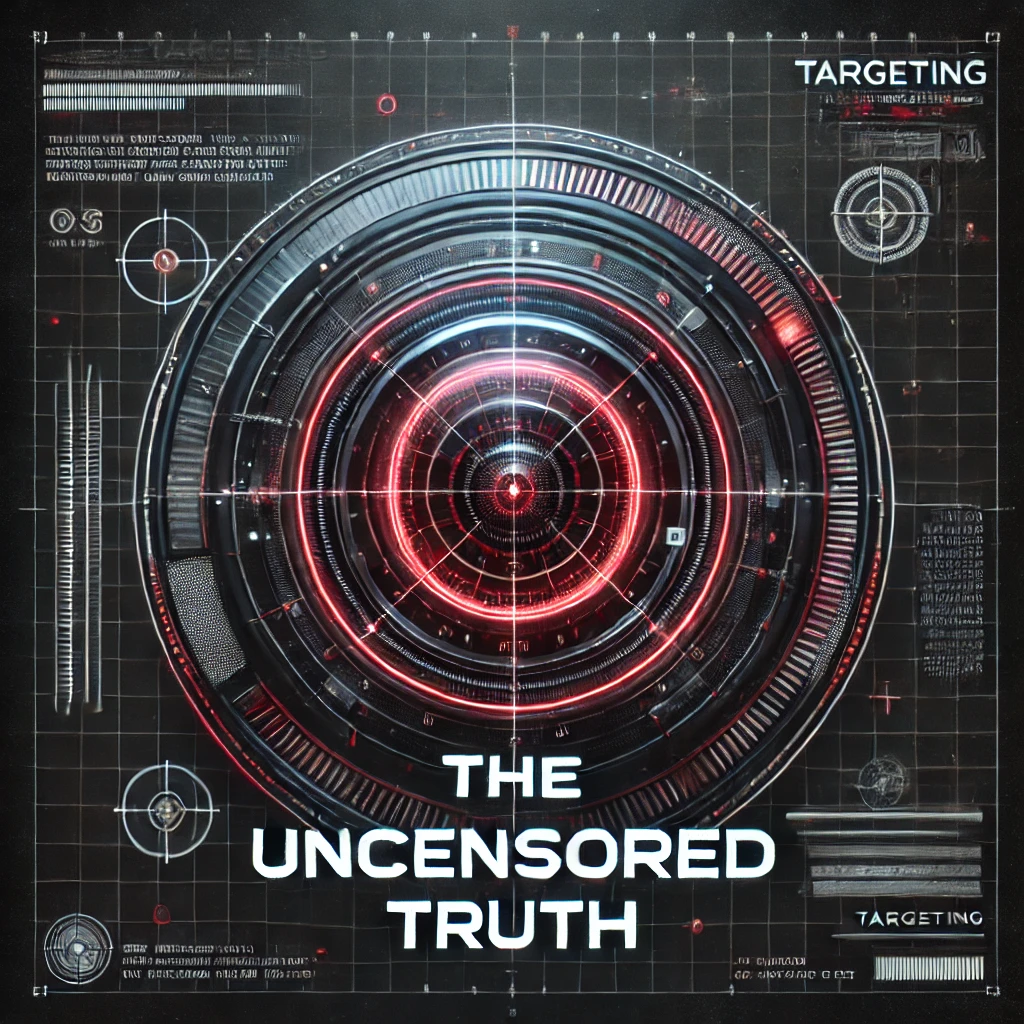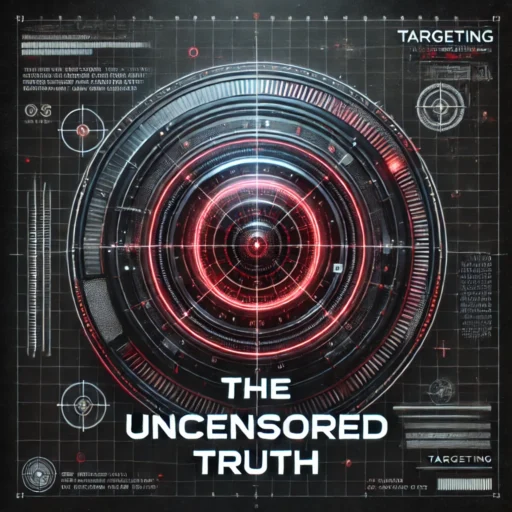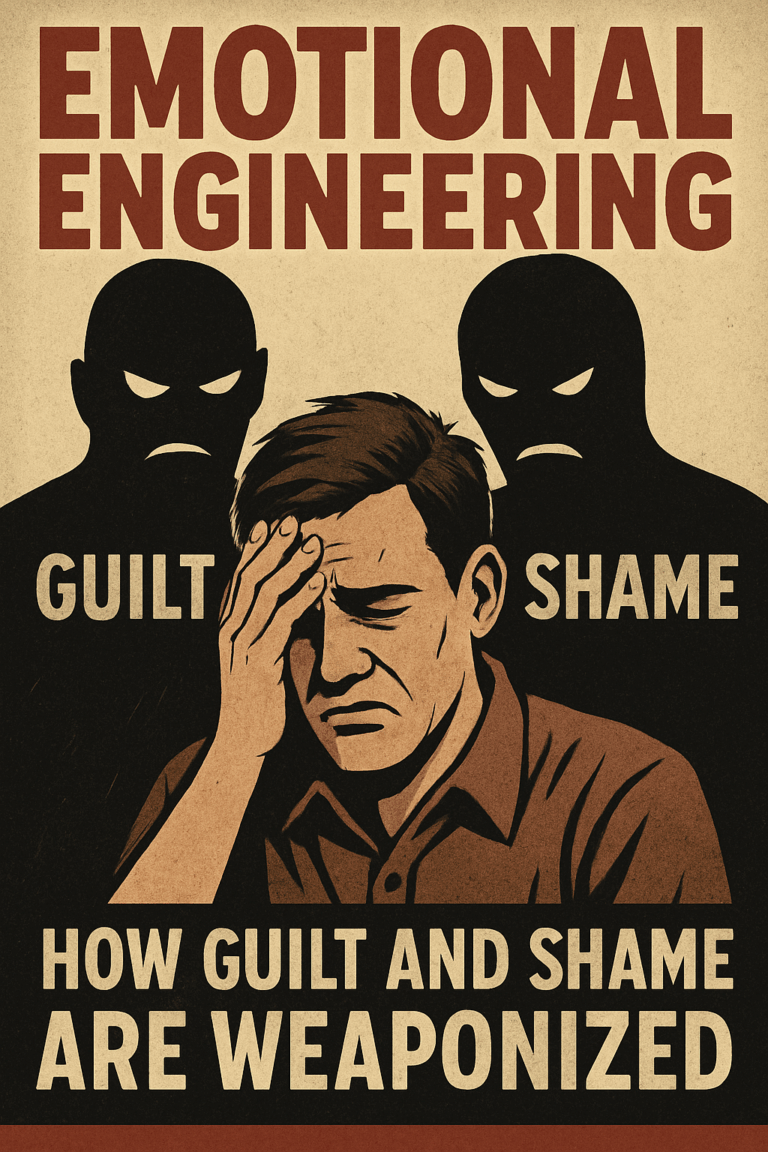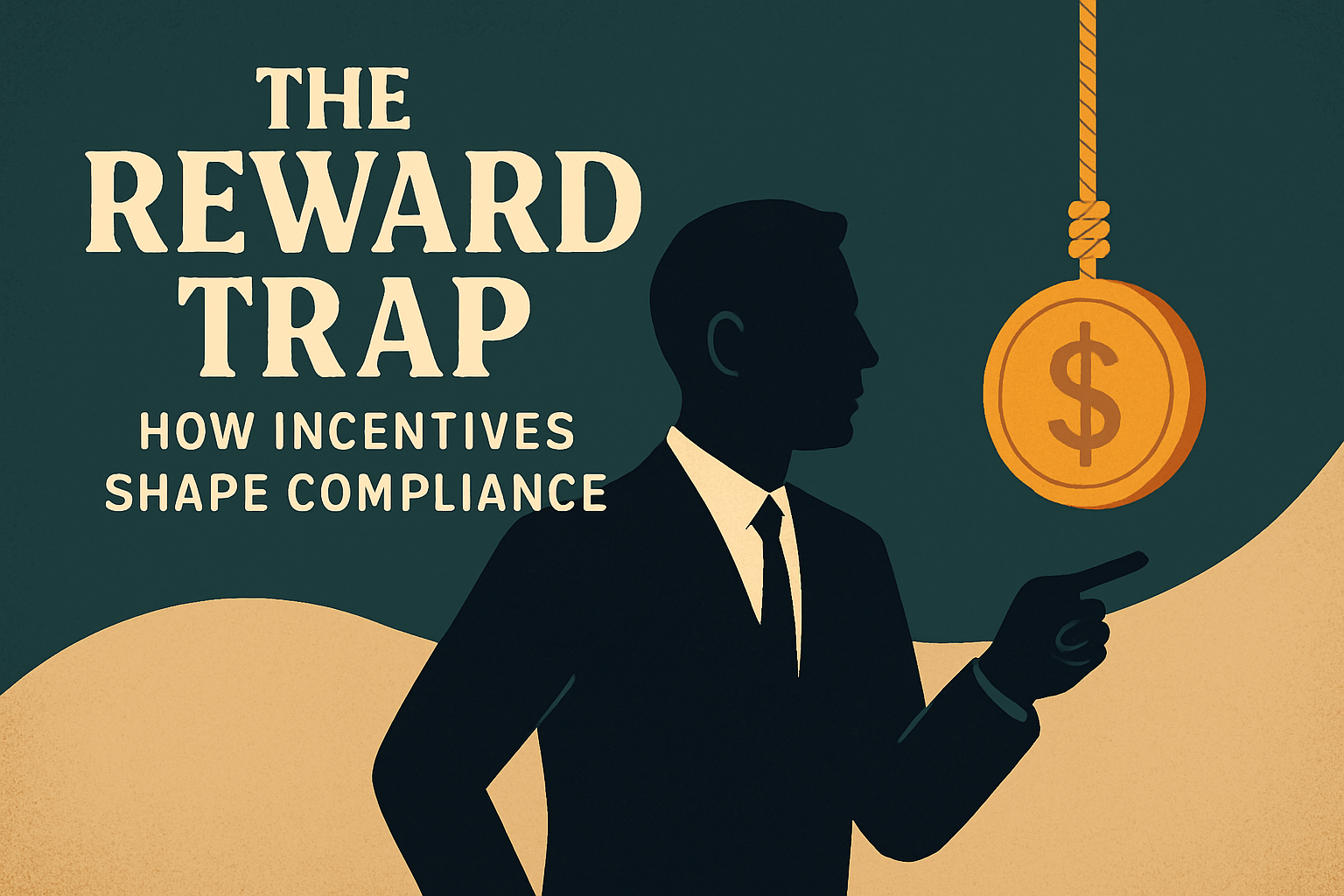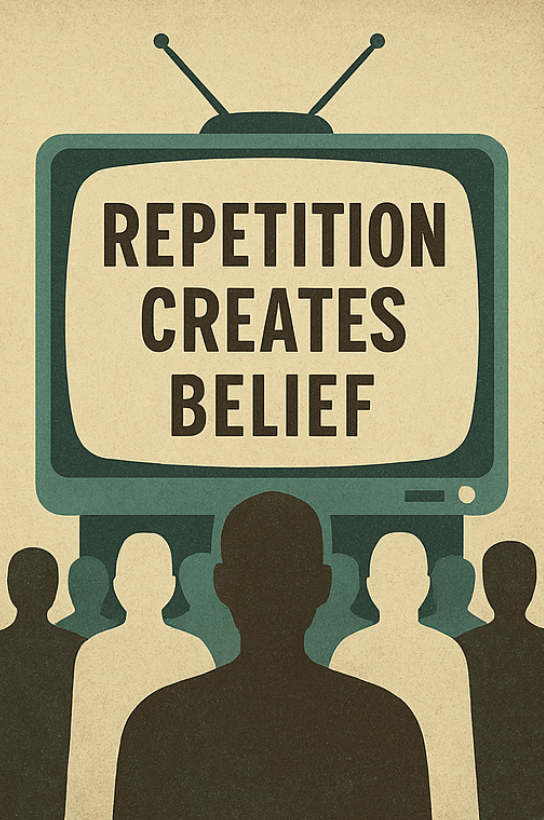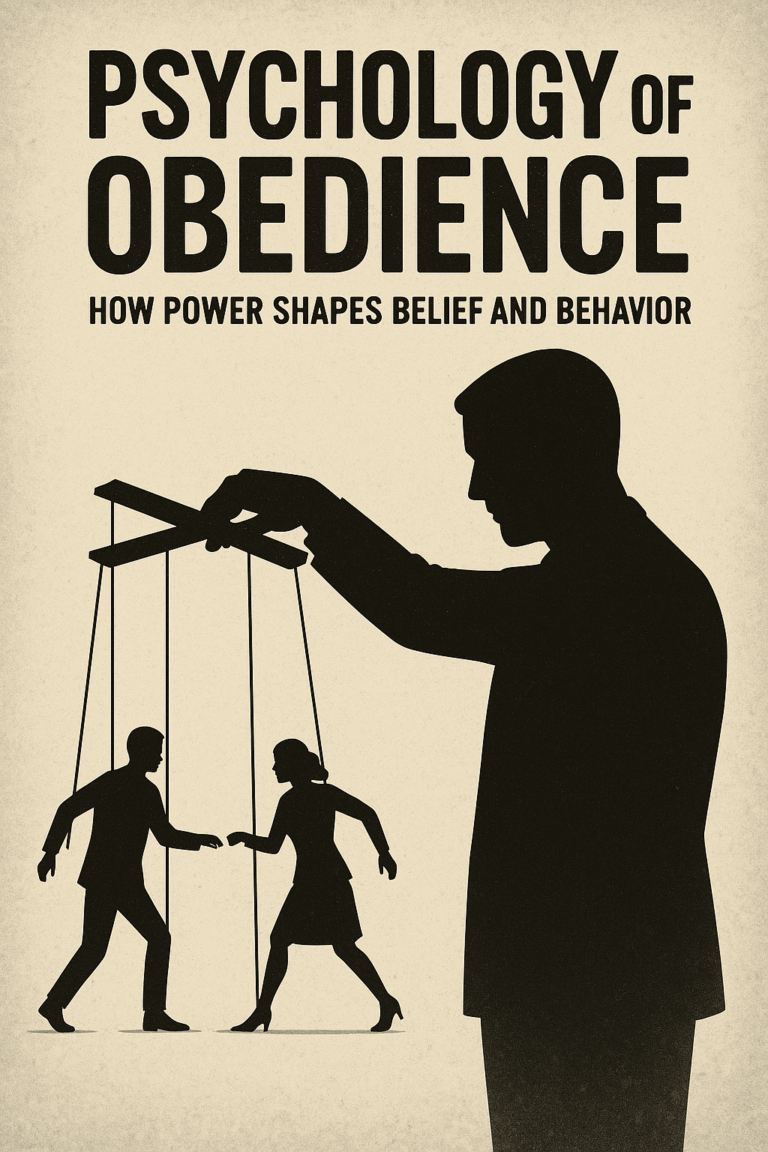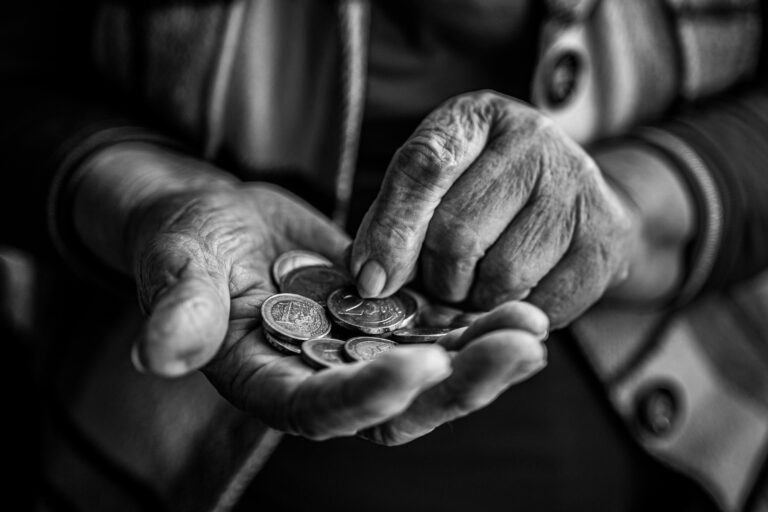Part 5 – Emotional Engineering: How Guilt and Shame Shape Collective Behavior
Part 5 of our Emotional Engineering series explores how guilt and shame shape collective behavior. We examine how institutions – from governments and media to corporations – leverage these powerful emotions to manufacture consent and encourage conformity, drawing on psychology and philosophy to illuminate this subtle form of influence. Emotional Engineering: Understanding Guilt and Shame…
